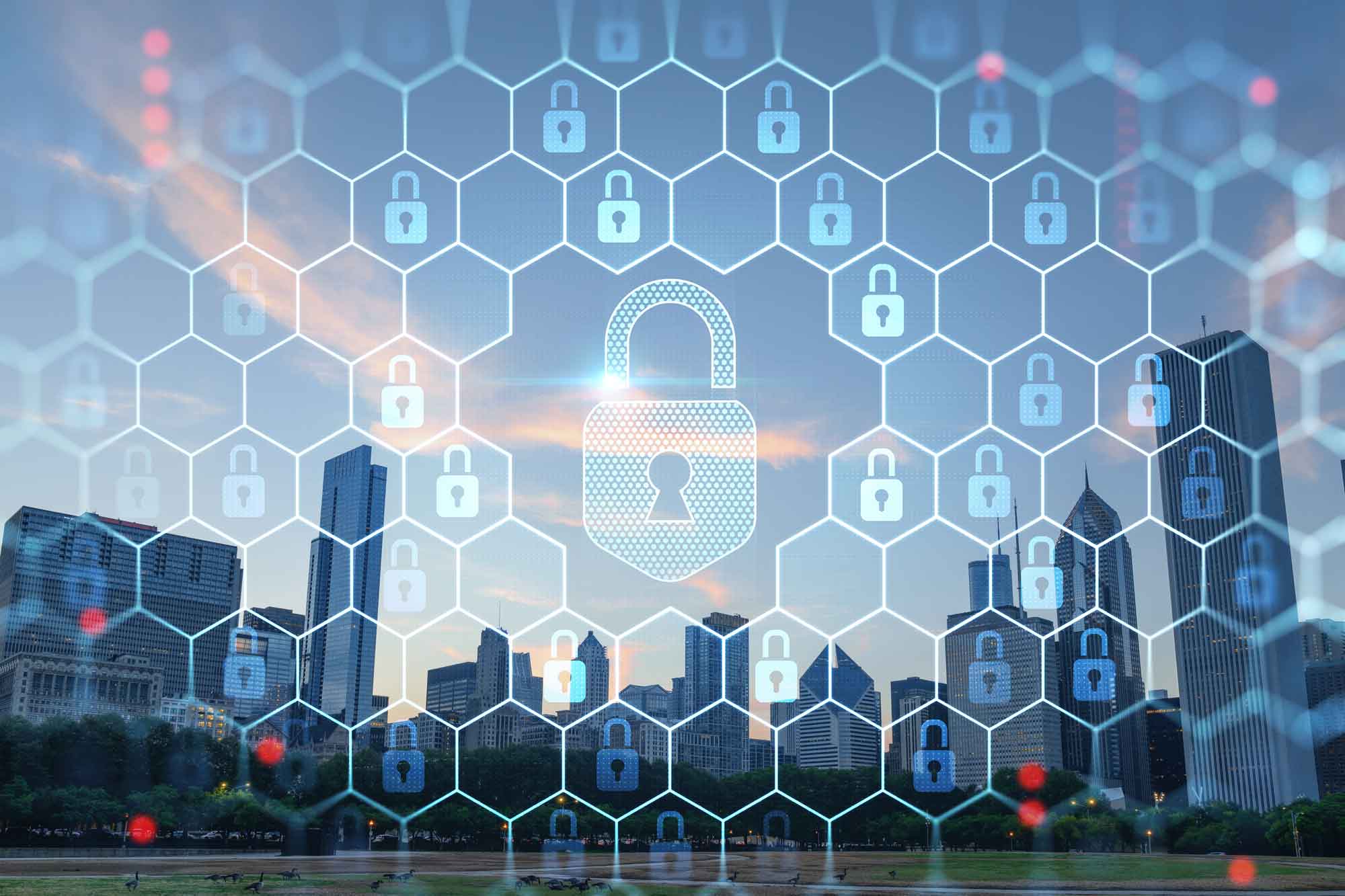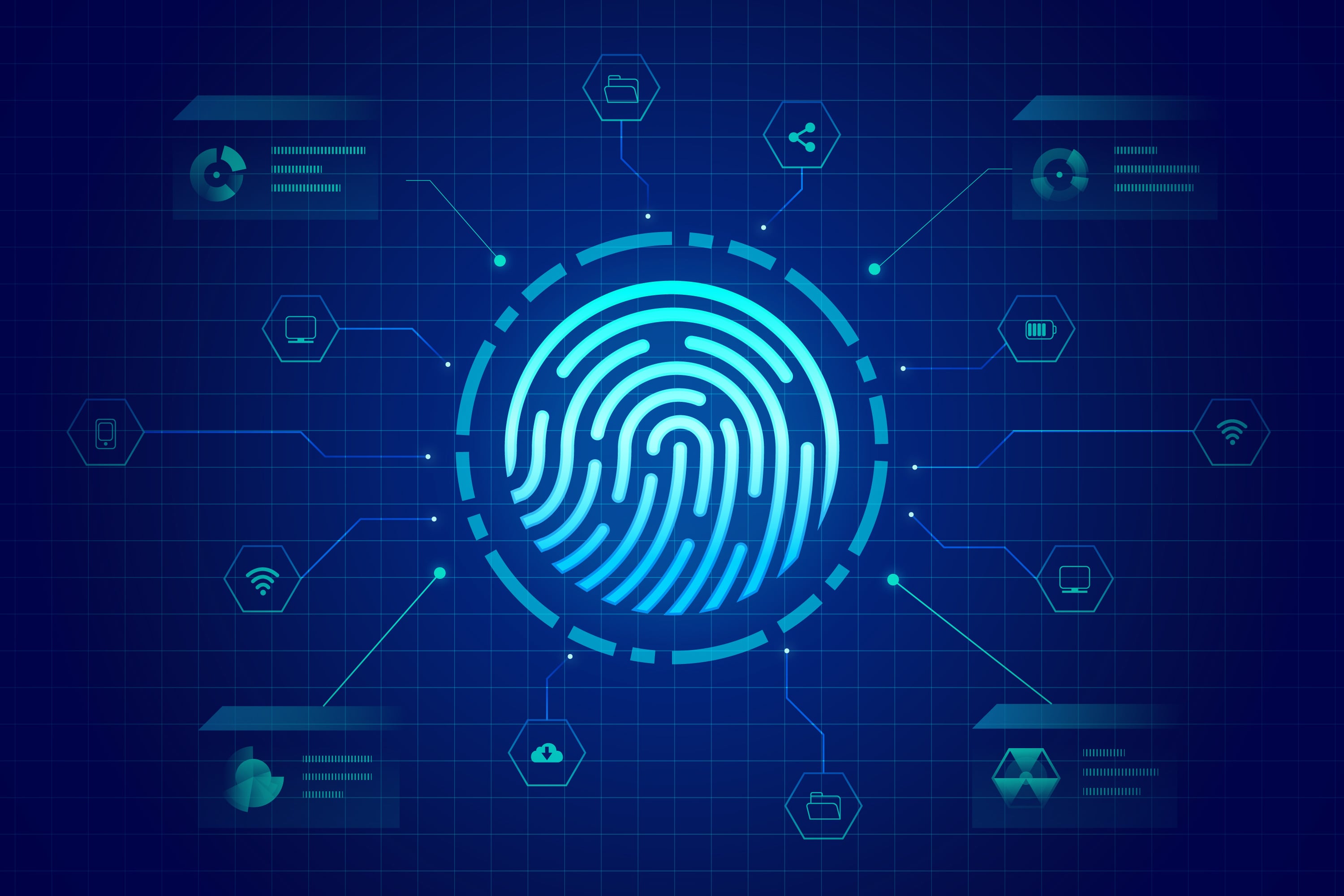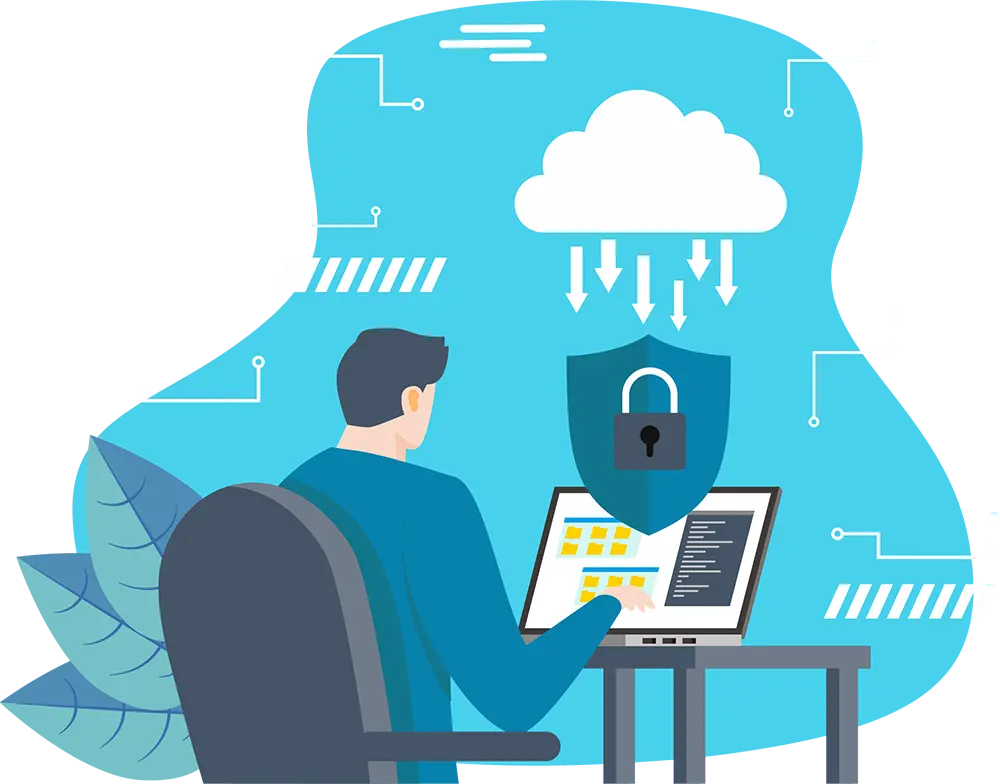Cyber security is a rapidly growing necessity. And with new threats appearing daily, businesses and users must understand the different types of cyber security to protect their data from malicious actors. If done right, you can maintain business continuity. Fortunately, there are cyber security service providers eager to help you find the perfect solutions tailored to your organization's needs and risks.
There are five different types of cyber security, but they all share the same goal: establish data confidentiality, integrity, and availability within your business.
Now, let’s explore various cyber security solutions and how you can use them to minimise your vulnerabilities and risks.
Types of Cyber Security Solutions Any Organisation Should Have
1. Application Security
Application security refers to the measures taken to protect software applications from malicious attacks and data theft. This is one of the types of cyber security that protects your software from potential breaches using various methods to detect incoming threats targeting application vulnerabilities.
Application security uses specialised tools, processes, and techniques that help businesses detect vulnerabilities in their software applications before hackers can find and exploit them.
Hackers can access applications through networks. And to avoid that, you must administer various cyber security policies, standards, compliances, and tools throughout the many stages of software development.
Some of the tools and techniques you need to include:
- static code analysis
- dynamic application testing
- penetration testing
- fuzzing (automated stress testing)
These will allow developers to pinpoint potential flaws in their code or development stage and help prevent illegitimate access to applications and confidential information.

2. Network Security
Network security protects and defends online systems, networks, and programs from digital attacks. It is one of the types of cyber security that includes user access and procedures to secure network integrity. So, with network security, you prevent misuse of accounts, illegal access (to user accounts or documents), and more.
Network security is critical for businesses that rely on computer networks to conduct business operations and store customer information. It helps protect against malicious activities such as data theft or viruses that can corrupt an IT system.
Companies use various methods to ensure their network is secure such as firewalls, encryption, antivirus software, and user authentication processes like password protection. Firewalls monitor incoming and outgoing traffic while antivirus checks the file to ensure they don't contain malicious content.
Here's a list of tools you can use to implement network security in your IT:
- Virtual Private Network (VPN)
- Firewall
- Endpoint Security
- Application Security
- Intrusion Prevention System (IPS)
- Security Information and Event Management (SIEM)
- Access Control
3. Cloud Security
Cloud security is an increasingly significant component of cyber security. It is a form of computer security that protects cloud support services from malicious attacks.
Almost everybody now uses cloud technology, and with that comes the risks of cloud-based threats. So, to prevent that, you will have to implement a cloud security strategy. Cloud security is ideal for businesses that use cloud-based services to store large amounts of sensitive information.
IT Service Providers like Office Solutions IT recommends using third-party security tools and techniques to protect your cloud environment from potential disasters.
Only a combination of tools and techniques like encryption, multi-factor authentication, identity management, intrusion detection and prevention systems, and network isolation technology can protect cloud-based resources from illegal access and disruption. It makes it harder for attackers to penetrate the system. Furthermore, implementing regular compliance audits can also help you ensure you comply with industry standards and regulations like the GDPR.
4. Critical infrastructure security
Critical infrastructure security protects infrastructures such as energy, water, transportation, and communications systems from malicious activity or natural disasters by deploying cyber security measures.
These measures include risk assessment, vulnerability assessments, incident response plans, security awareness training for employees, and ongoing monitoring activities. Critical infrastructure security also involves physical safeguards such as building access controls, cameras/video surveillance systems, and firewalls to prevent illegal virtual and physical access or interference with vital services.
Companies operating critical infrastructures should be on top of their cyber security game because vulnerabilities and threats are everywhere and get nastier by the day. Ideally, your critical infrastructure should be flexible and impenetrable.
Critical infrastructure security doesn't only concern companies that operate them. Companies that rely on critical infrastructure should also do their part – like developing a contingency plan – in case a critical infrastructure gets cyberattacks which affect your day-to-day operations.
5. Internet of Things (IoT) Security
As we become more connected and reliant on smart devices in our homes, businesses, and public spaces, these systems must remain secure from malicious actors.
But what exactly does IoT security involve?
IoT security protects your devices and networks – that can connect to the internet – from potential cyber threats. At its core, IoT security involves protecting the data that flows between all connected devices. This is one of the types of cyber security solutions that monitors incoming risks, identifies threats, and mitigates security vulnerabilities that can put your systems at risk. This process could include anything from mobile phones to smart cars.
Businesses like yours need to invest more in cyber security and learn more about the challenges that come with your industry so you can implement the right solutions. To do this effectively, you will need a combination of strategies, including user authentication protocols, anti-malware software, intrusion detection systems and regular patching of devices. You may also need to develop cyber security policies around who has access to which data points or areas of the network infrastructure.
Your IT team or a service provider can manage your IoT devices for you. They should be able to implement the best security solution to your devices to avoid breaches as best as possible.

Choose the best types of cyber security solutions with Office Solutions IT
Cyber security is an asset to have in any business. With cyber-related attacks growing daily, implementing the appropriate types of cyber security solutions in your business is critical if you rely on computers and IoT devices in your day-to-day operations. And that’s the part that IT security experts play.
The main goal of IT security experts is to secure your data and company assets from cyber criminals. They should be one step ahead of hackers and adapt to the ever-changing technological landscape to implement the best cybersecurity solutions for your business.
Office Solutions IT can help you build a reliable cybersecurity strategy to keep your data safe and secure. We offer a wide range of cyber security services that meet specific business needs so you can be better prepared for potential threats while reducing the risk of data breaches and other malicious activity.
Reach out to our cyber security experts in the form below to establish the cyber security solution you need to protect your business and customers from hackers.
Frequently Asked Questions
What are the most common types of cyber security attacks?
There are all sorts of cyber security attacks that can target organizations, but the ones we encounter most often are phishing, ransomware, and malware attacks. These sneaky tactics try to fool users into clicking on a link or opening an infected attachment so they can sneak into systems and wreak havoc.
How many types of cyber security are there?
There are numerous types of cyber security that cover different parts of an IT setup. The ones we often see used by Australian businesses include:
- Application Security
- Network Security
- Cloud Security
- Critical Infrastructure Security
- IoT Security
- Zero Trust Security
- Information Security
- Operational Security
What are the different types of vulnerabilities in cyber security?
Cyber attackers are always on the lookout for any weak spots to sneak into business systems and swipe data. These vulnerabilities might pop up due to unpatched software, human error, weak passwords, poor access control, and complex systems.
Here are the 10 most common types of cyber security vulnerabilities you should keep an eye on in your IT:
- Software Vulnerabilities
- Hardware Vulnerabilities
- Excessive Access Rights
- Network Vulnerabilities
- Human Vulnerabilities
- Social Engineering
- Misconfigurations of security settings
- Insider Threats
- Weak or Stolen User Credentials
- Zero Day Vulnerabilities















